Powering Homes, One Breaker at a Time
Powering Homes, One Breaker at a Time
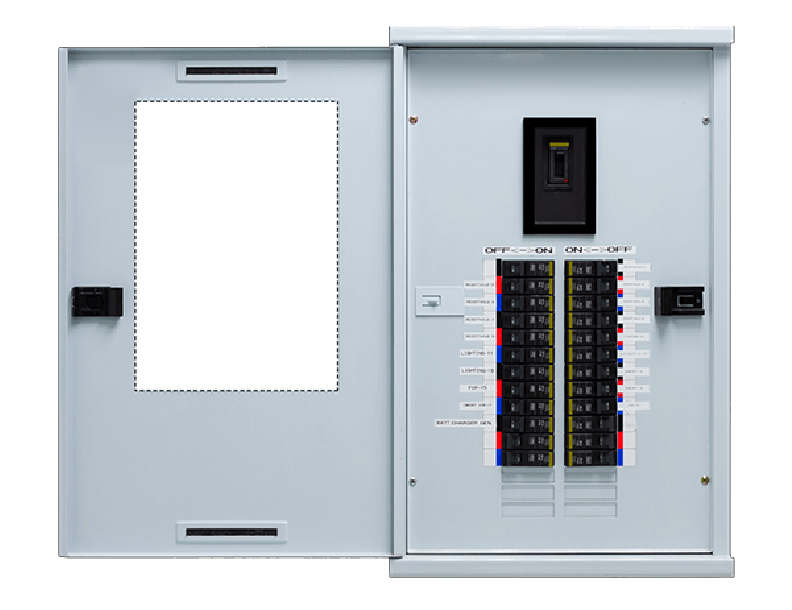
Electrical Panels
Long-Term Reliability and Performance
Fewer Future Problems: When Milk installs your panel it is less likely to experience issues like breaker trips, poor grounding, or other faults, resulting in a more reliable electrical system overall.
Preparedness for Future Upgrades: We can plan for potential future expansion needs, such as adding subpanels or larger circuits, to support future electrical demand without needing major rework
Code Compliance
Adherence to Local Codes: We are knowledgeable about local electrical codes and regulations, which helps ensure your installation is compliant. Code compliance is important for safety and may be necessary for home insurance and resale.
Permit Acquisition: Milk can secure necessary permits for the work, and inspections by a local authority may be required to confirm that the installation is safe and up to code.
Quality Installation
Correct Sizing: Milk can determine the proper size of the panel (usually 100, 150, or 200 amps) to support your home’s power needs, avoiding underpowered or overloaded circuits.
Proper Circuit Allocation: We will set up and label circuits properly, helping to prevent tripping issues and ensuring that each circuit has the correct breaker for its load.
Reliable Wiring: Milk can ensure the wiring is connected securely and routed safely within the panel to reduce future maintenance needs.
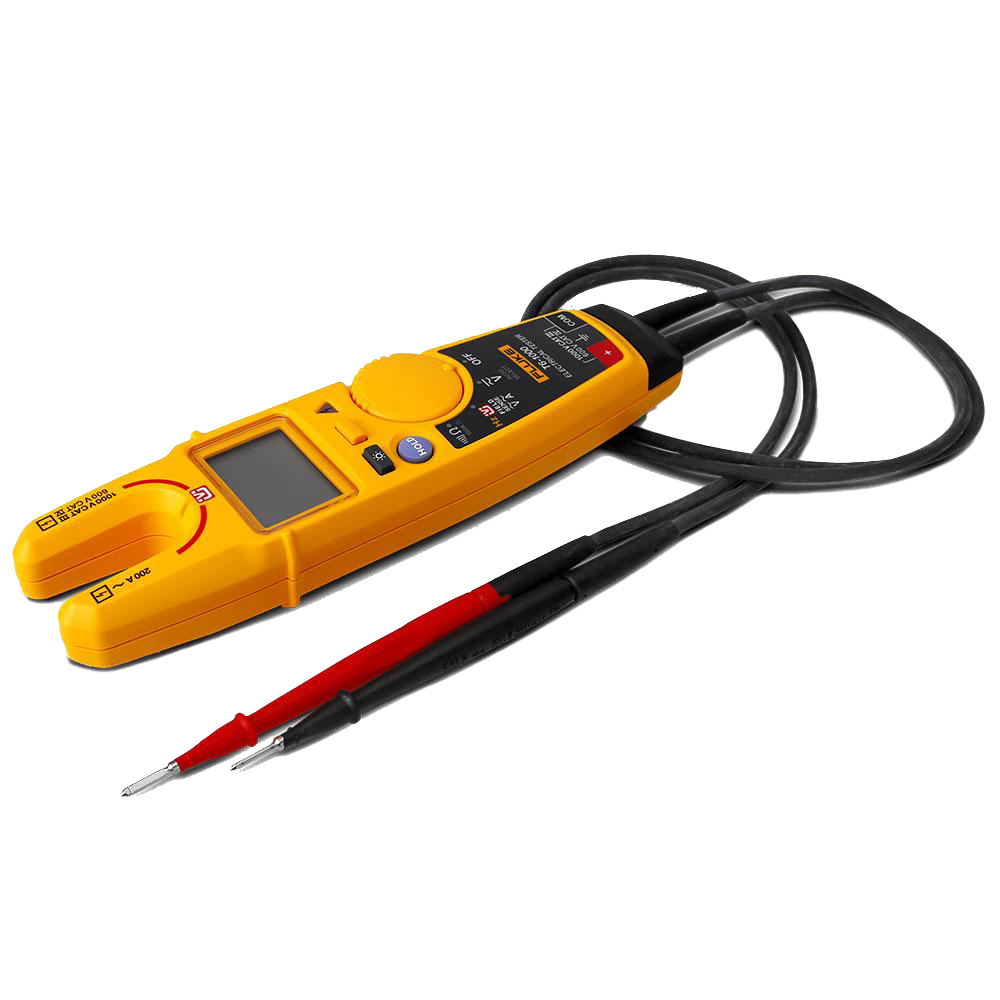
Services
Milk provides several types of electrical panel installations and repairs services. Here are a few listed below.
Electrical Panel Installation
New Panel Installation: For new constructions or major renovations, We will install a new electrical panel suited to the home’s power demands.
Subpanel Installation: Subpanels extend the main panel’s capacity and are useful for additions, garages, or other areas that require dedicated circuits.
Adding New Circuits: When new appliances or additional power needs arise, an electrician can install additional circuits in the panel.
Rewiring and Circuit Rearrangement: Reorganizing circuits within the panel to improve efficiency and reduce the load on certain circuits
Grounding Rod Installation: Ensuring the panel is correctly grounded to reduce the risk of shock and improve safety during electrical faults.
Bonding Checks and Upgrades: Ensuring all systems (e.g., plumbing and gas lines) are properly bonded for safety.
Breaker Replacement and Repair
Faulty Breaker Replacement: Milk can replace breakers that are worn, frequently tripping, or no longer performing well.
Breaker Repairs: Repairing a malfunctioning breaker can restore power to circuits without needing a full replacement.
Ensuring Code Compliance: We update panels to comply with current electrical codes, which may include labeling circuits or adding AFCI/GFCI breakers as required.
Panel Labeling: Labeling circuits for easy identification, which helps homeowners know which breaker controls each area or appliance.
Whole-Home Surge Protection: Installing a surge protection device within the panel to safeguard the home’s electrical system and connected devices from voltage spikes and power surges
Electrical Inspections and Diagnostics
Panel Inspection: Milk can perform visual and functional inspections to ensure the panel is working correctly, up to code, and free of issues like corrosion or loose connections.
Troubleshooting and Diagnostics: Identifying the source of frequent tripping, strange sounds, or hot spots within the panel to address underlying issues.
Power Beyond the Main
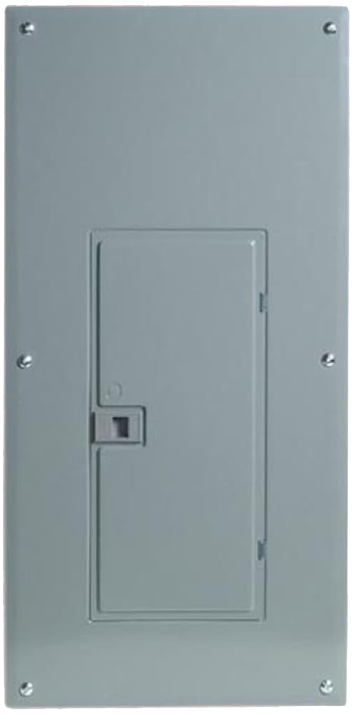
Disconnect with Confidence
HVAC and spa disconnects are electrical safety devices used to ensure proper power control and prevent electrical hazards when working on HVAC (Heating, Ventilation, and Air Conditioning) systems and spa equipment
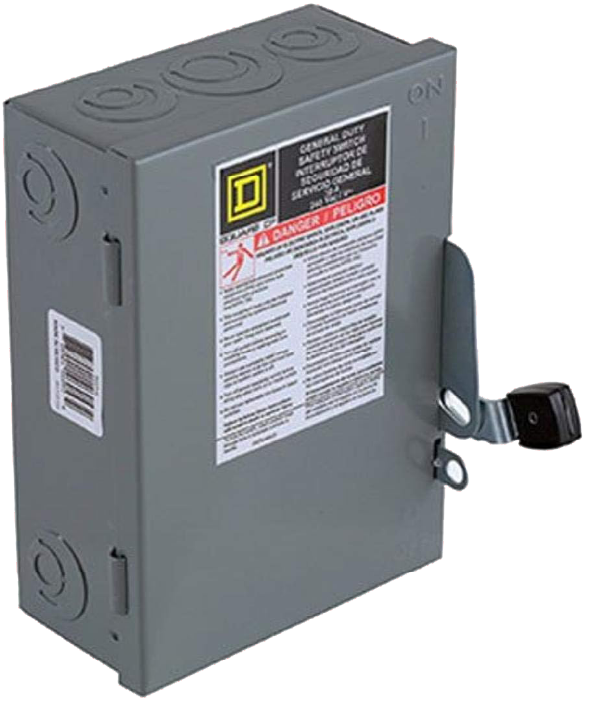
Your Backup Plan for Peace of Mind
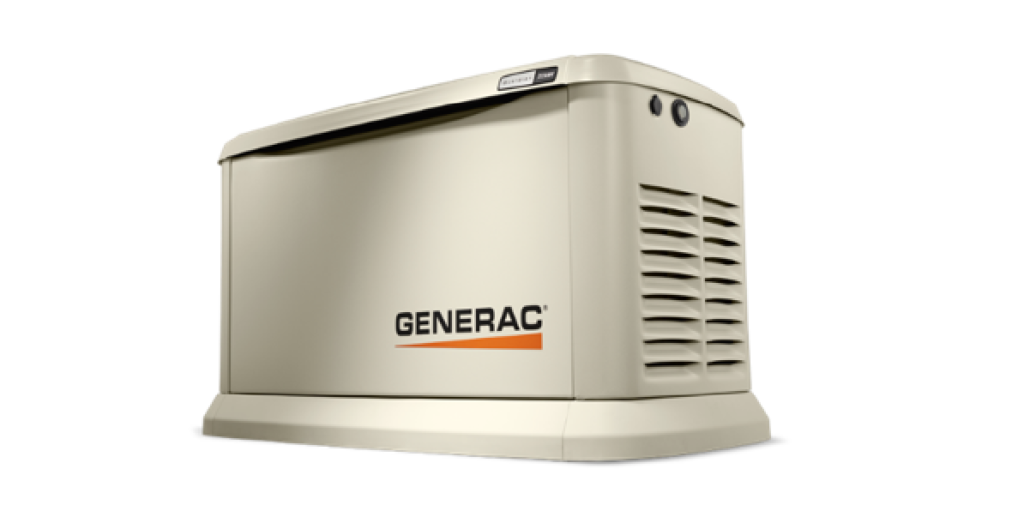
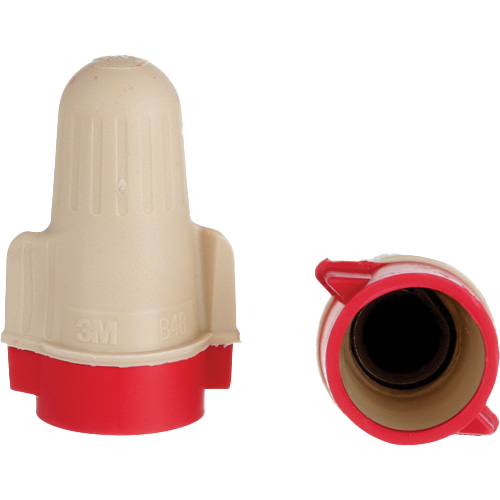
FAQ's
Here are some frequently asked questions to think about. If you have any questions, give us a call. Milk is here to help.
How do I know if my panel needs to be replaced
Common signs that your panel may need replacing include frequent breaker trips, flickering lights, strange noises (like buzzing or crackling), a burning smell, rust or corrosion, and if you’re relying on outdated panels (like fuse boxes). If your home’s electrical needs have increased significantly, upgrading to a higher-amp panel may also be necessary.
Why does my breaker keep tripping
Frequent tripping can indicate an overloaded circuit, a short circuit, or a ground fault. It may also be a sign of a malfunctioning appliance or breaker. If a breaker repeatedly trips, it’s important to have an electrician inspect the panel to identify the root cause
What are AFCI and GFCI breakers, and are they necessary
AFCI (Arc Fault Circuit Interrupter) breakers protect against electrical fires by detecting arc faults, while GFCI (Ground Fault Circuit Interrupter) breakers protect against electric shock by sensing ground faults. AFCIs are required in most living areas, and GFCIs are mandatory in wet or damp locations, such as bathrooms and kitchens, per modern electrical codes.


It's Time For The Reviews


